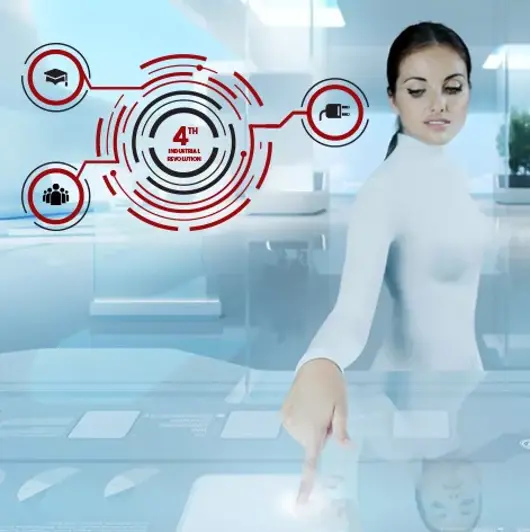While it makes sense to leverage technology to drive the ‘smarter’ future we all want, if the same priority is not given to ensuring that technology also enables people to function and perform optimally within these smarter systems and environments, one must question whether we are in fact really achieving progress at all.
It is thus essential for the world’s leaders, academics and thought leaders to continue engaging around the future of the global workplace and the role that education institutions have to play in preparing learners and students to function optimally in this new world of work and the non-linear systems within which people now find themselves having to function.
This reality places an enormous responsibility on today’s learning institutions. Not only do they need to adequately prepare their students for the new world of work, but they also need to equip them with the knowledge and skill to ensure they are meaningful contributors to the development and wellbeing of society. This requires sufficient understanding of how to appropriately harness the immense capacity potential that the 4th Industrial Revolution will create.
And in turn, this requires that when striving towards and building a new technologically advanced world, it is critical that we enforce the understanding that people must always remain the creator of ‘things’ as opposed to those ‘things’ being allowed to create or mould people.
While a seemingly obvious notion, now more than ever it is vitally important for both educators and industries to commit to sensitising and promoting the understanding to those we educate around the potentially radical impact of societal change and the very people who make up and operate in that society.
Ultimately, it’s about ensuring our future leaders possess the knowledge and collective will to optimise rapidly evolving development of technology to ensure that enhanced human wellbeing is the main outcome of the 4th Industrial Revolution.



